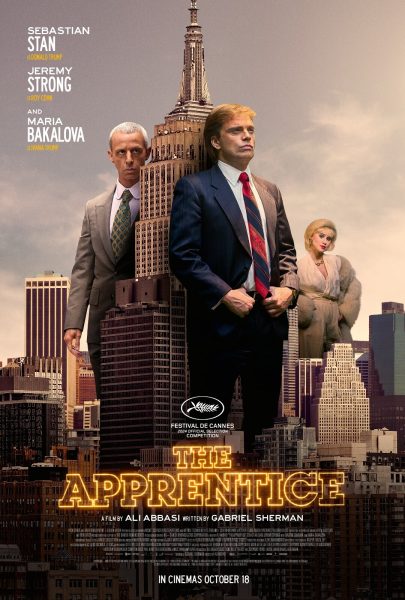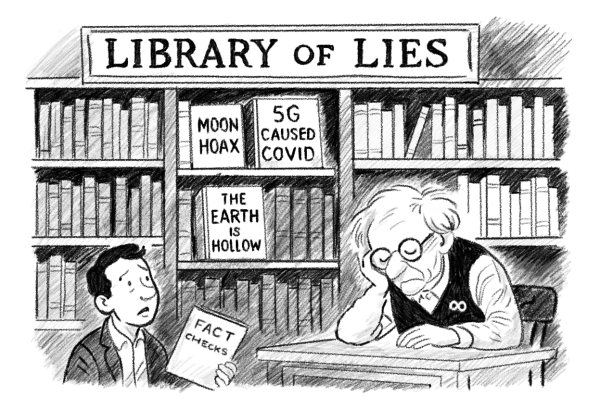Reform the filibuster
The United States Senate was intended to be a body of deliberation and discussion. In today’s polarized world, the Senate’s 51-vote majority needed to pass legislation has been altered and deformed. The filibuster that was supposed to protect the voices in the minority party from a dominant majority has become a method of preventing all legislation by the majority.
As a result, the filibuster—a Senate practice of delaying or preventing a vote by speaking about the issue until deliberation ends—has become a force for gridlock and inaction. Miami Palmetto High School Senior Griffin Jacobs ’22 outlined his thoughts on the complicated proceedings as discussed in his Comparative Government class.
“I think that the idea of protection for the minority is a good thing. It prevents the majority party from bulldozing the other side when they are in power. But it has also been distorted from that purpose,” Jacobs said.
But the filibuster is no longer a tool to force discussion and compromise as it used to be. Now, the intent to filibuster immediately triggers a cloture vote– a practice that immediately ends discussion and forces a vote requiring 60 members to agree to pass legislation.
Cloture voting has been invoked more in the last four decades than the entire rest of United States history, indicating a stark rise in polarization.
Mr. Gregory Cooper, who teaches government at the Upper School, explained how worrying the trend truly is. “The filibuster has become more a tool of obstruction and deeply entrenched polarization,” he said. “It’s now become a mechanism to just stop the other side.”
But as our democracy changes, so do the political practices implemented by majority parties to get their way. With Donald Trump in power, the Republican Senate eliminated the Senate filibuster on Supreme Court nominees, allowing them to confirm Justice Brett Kavanaugh’s nomination to the Supreme Court.
Democrats recently attempted a similar move. In wake of recent voting rights laws sweeping Republican state legislatures that many Democrats have called “restrictive,” the Democrat-majority Senate attempted to remove the filibuster on voting rights in January.
The narrative of the Democratic Party has been that voting rights are a prerequisite to democracy in the first place, making the alteration of Senate rules rash but necessary to protect communities from being silenced. Senators like Cory Booker (D-NJ) have even gone so far as to refer to these new laws as a return to Jim Crow.
The voting rights laws implemented by Republican state governments have been accused of restricting ballot boxes in minority areas, increasing restrictions for mail-in voting, and more. State legislatures have touted election security to justify these new initiatives.
While Mr. Cooper acknowledges that some of these new laws may be restrictive, he also pointed out that “even in the absence of widespread voter fraud, which there isn’t any proof of early in any election, it’s totally reasonable for a state to say we want to ensure that our elections are as secure as possible.”
But in the face of overwhelming evidence of a lack of voter fraud, many Democrats have expressed the belief that Republican state legislatures are enacting voting laws in the name of their party retaking the Senate and House of Representatives during the midterms.
“If there was no widespread voter fraud, which there wasn’t, and there aren’t significant problems with our voting system, what are these laws, if not an attempt to sort of gain some political advantage?” Cooper continued.
Whether these voting laws are restrictive or not, justified or not, many senators—Democrats and Republicans alike—worry that the attempt to simply bulldoze the minority has dangerous implications for our democracy.
Senators Kyrsten Sinema (D-AZ) and Joe Manchin (D-WV), from Arizona and West Virginia respectively, spoke out against the removal of the filibuster, only to be met with significant backlash from fellow Democrats. Senator Bernie Sanders even threatened to back candidates opposing the two senators during the midterms, and the NAACP threatened to revoke funding.
However, RE senior Joseph Moskovitz ’22 said he supports Sinema and Manchin’s views, believing that “not eliminating the filibuster was a good thing because it would’ve increased the polarization we see in our country today.”
He went on to explain that because the partisan policy is so exclusionary to the other side, it would have grown the divide between parties.
Although the filibuster has diverged from its original purpose to extend deliberation and communication into a force for partisanship and forcing 60 votes, many, like Moskovitz, believe it is still a critical component of our senatorial process.
If deliberation were allowed and a filibuster were returned to its original state (one which doesn’t immediately trigger a cloture vote), senators could be convinced to back new policies, and the chasm between parties could finally begin to shrink. To reach across our partisan divide, discussion and communication are an absolute necessity.
To accomplish these goals, the Senate should encourage debate and persuasion rather than vetoes and bulldozing. The cloture vote destroys any attempt at cooperation. A return to the old filibuster, one that sparks debate and conversation, would help our representatives and country close the great divide between our political sides.




